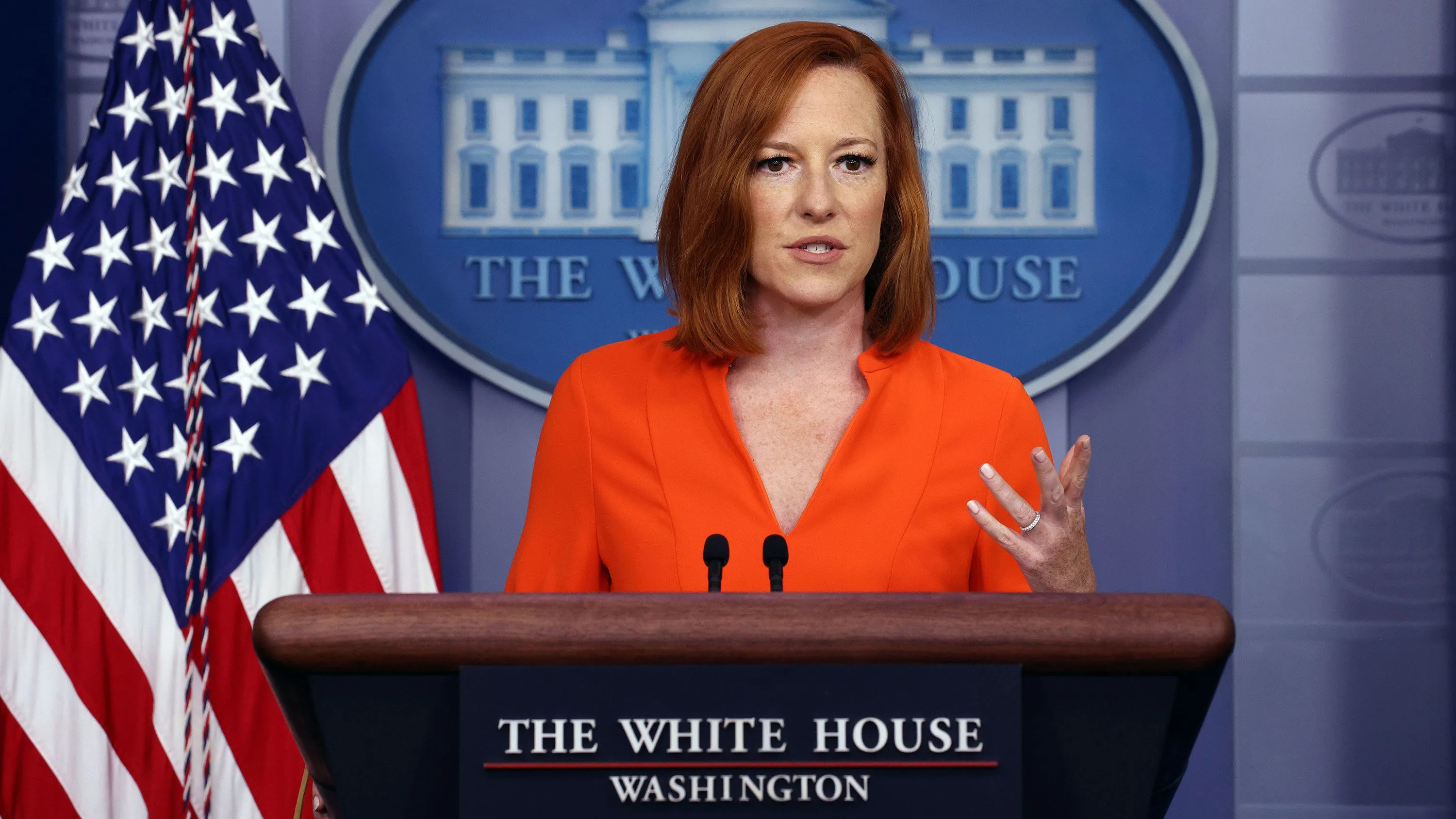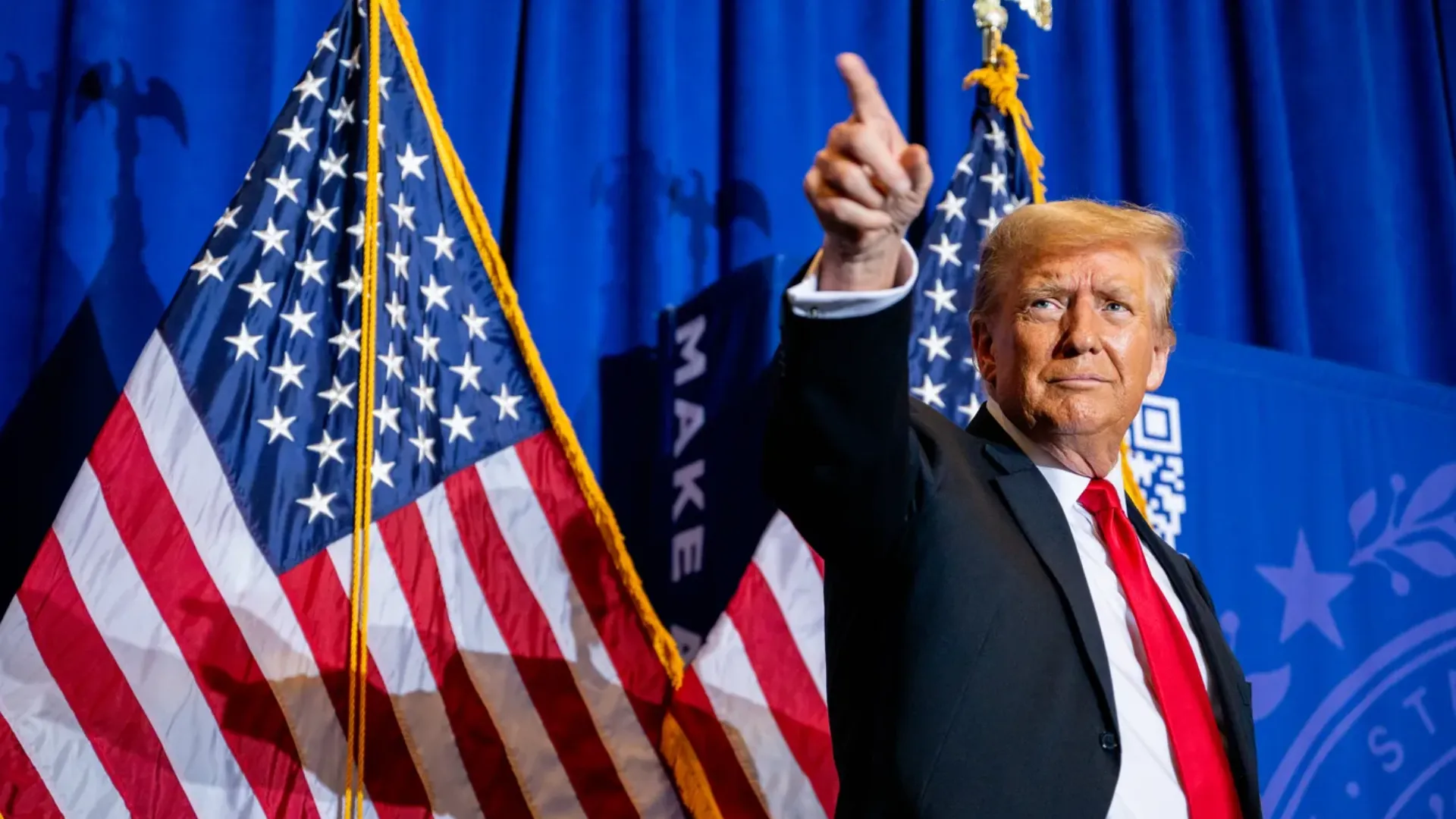 Trump outlines bold economic plans, promising relief from inflation and tax cuts
Trump outlines bold economic plans, promising relief from inflation and tax cuts
President-elect Donald Trump’s victory in the November 5 election reflects widespread economic frustrations among voters. Many Americans voiced concerns about high inflation and dissatisfaction with the nation’s economic direction, issues Trump promised to address with his proposed policies. Here’s a look at five ways Trump’s plans could impact the U.S. economy and your finances.
1. Tax Cuts and Your Wallet
At the core of Trump’s economic agenda are significant tax cuts. He aims to extend provisions from his 2017 Tax Cuts and Jobs Act (TCJA), set to expire in 2025. These include lower tax brackets and an expanded standard deduction. Additionally, Trump has proposed further tax cuts, such as reducing the corporate tax rate from 21% to 15%, and possibly eliminating income taxes on certain earnings, including tips and Social Security benefits.
If enacted, these cuts could lower taxes for all income groups, with the largest benefits going to high-income households. For instance, a middle-class family earning around $80,000 could save approximately $1,740, while top earners might see reductions exceeding $376,000.
2. Potential Impact on Inflation
Inflation remains a top concern for many Americans. Although inflation has slowed since its pandemic peak, prices are still high. Trump’s policies, especially new tariffs and mass deportations, could reignite inflation. Tariffs act as sales taxes on goods imported into the U.S., raising costs for consumers.
Trump’s proposed 10% tariff on all imports, along with a 60% tariff on Chinese goods, could cost the average middle-class household an additional $1,700 annually, according to the Peterson Institute for International Economics. Deporting millions of undocumented immigrants could also reduce labor supply, driving up wages and production costs. RBC Global Asset Management estimates these factors could raise the inflation rate by up to 1%, potentially reaching 3.4% — above the Federal Reserve’s 2% target.
3. Economic Growth Prospects
Trump’s plans to cut corporate taxes could provide an initial boost to the economy, particularly in the early years of his presidency. According to Oxford Economics, real GDP growth could be 0.3 percentage points higher in 2026 under Trump’s policies than under current policies. However, these gains might be short-lived. Deportations and increased tariffs could hurt long-term economic growth by limiting the labor force and raising costs. By 2028, GDP growth could be 0.6 percentage points lower than earlier projections.

4. Housing Affordability
The housing market, already grappling with high costs and a lack of affordable homes, could face additional pressures under Trump’s policies. Higher inflation could limit the Federal Reserve’s ability to cut interest rates, keeping mortgage rates elevated.
Additionally, the construction industry, which relies on immigrant labor, may suffer if Trump proceeds with mass deportations. According to Lisa Sturtevant, chief economist at Bright MLS, deportations could worsen labor shortages in construction, slowing the creation of new homes and driving up building costs, making housing even less affordable.
5. Stock Market and Retirement Savings
Trump’s corporate tax cuts and deregulation plans could support business growth and lift the stock market, benefiting 401(k) holders and investors.
On Wall Street, the S&P 500 and Dow Jones Industrial Average surged after Trump’s win, reflecting optimism about potential corporate growth. Analysts suggest that lower taxes and lighter regulations, especially in the energy and financial sectors, could further boost company profits. Trump’s support for the cryptocurrency industry could also energize digital assets, as he aims to make the U.S. a leader in the crypto market.
However, the success of these policies depends on Trump’s ability to implement them, which could be challenging even with a Republican-led Congress. Inaction could mean the economy continues on its current trajectory, leaving Trump’s ambitious economic plans unfulfilled.

-1728449419-q80.webp)

